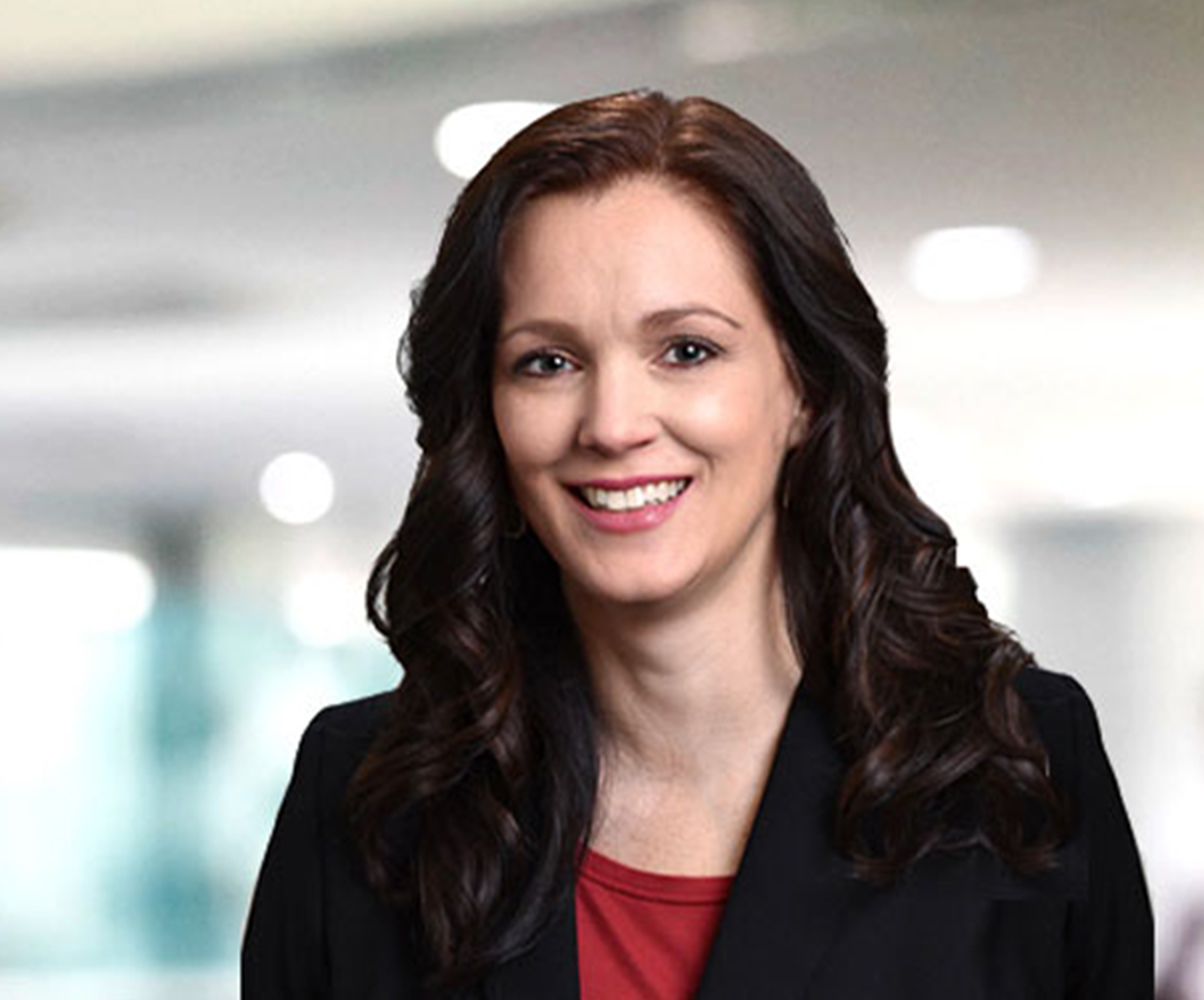ABSN Student
Online ABSN student Payton Bell is using her four-year bachelor’s degree in health science and psychology minor to become a nurse. Read more about her online experience at Wilkes, advice for future students and why she wanted to elevate her experience as an optometrist assistant.
What inspired you to become a nurse?
I've always had a huge interest in healthcare, but I became a nurse because I wanted to have the intimate relationship with patients that nurses are able to have—not that in and out of the exam room within five minutes and then that's the end of your encounter. I really like the close relationship and bond that you can build with patients.
Is there a particular class that you've enjoyed the most?
So far, I think that I've really enjoyed the Nursing 330 course. That class helps you to look at the fundamentals of nursing.
A lot of my background from my health science degree was stuff that I had already learned. But, I never learned about the fundamentals and background of nursing and how nursing became what it is today. I had never learned about anything like that, so Nursing 311 has been helpful.
Do you have any tips for other students that you'd like to share?
I think my biggest tip for other students, especially in a fast-paced accelerated program, is just to make sure that you're always taking time for yourself.
Spend time with family or friends. Take a little break every once in a while to do something that you enjoy. That is what will help you survive in such a fast-paced program.
What was the on-campus residency like?
It has been incredible to be able to meet everybody. It was really cool to be able to put a face to the screen that you see online all the time. I had already made some friends before we even came here to the campus, so it was nice to be able to meet them for the first time.
How do you collaborate with others in the online program?
It can seem like it's a pretty difficult thing to do just because you're not in a classroom together. I reached out to a girl that was in our class and basically asked if she wanted to be nursing buddies for the duration of this program. That really has a huge collaborative effect on how you are getting through the program because you always have somebody to talk to.
You have somebody to bounce ideas off of. They share the same stress that you do and really understand. It’s just building that tight-knit group of people and collaborating with them through your Zoom video meetings, chats in Zoom and your student email. If you are feeling adventurous, you can always reach out, extend an arm and give them your phone number, or ask for theirs, and just keep that communication going.
How would you describe the support you've received from Wilkes?
The support that you get from the faculty and the other students, your colleagues and your cohort—it's incredible. I can't even describe how nice it is to have a group of people that understands exactly what you're going through.
There is never any judgment. There is never any bad feelings towards anybody. It's just this huge learning environment where everybody's trying something new for the first time, and everybody's perfectly understanding of that.
I don't ever feel like I'm being judged or have to pretend that I understand something even though I don't. It's just a really welcoming, amazing environment, both from the faculty and the students.
What are your long-term nursing goals after you graduate?
After I graduate from Wilkes University's ABSN program, I'm looking to either become a psychiatric nurse or to become a nurse in the emergency department. Ultimately, I think I would like to go back for my nurse practitioner license and be able to extend my education further.
What impact do you hope to make as a nurse?
Whenever there are those people in the hospital who don't have anybody with them, I just always want to provide that support to my patients. I want to provide the highest quality of care possible. At the end of the day, I just want to be the best nurse that I can be to give my patients the absolute best care that they can receive.






